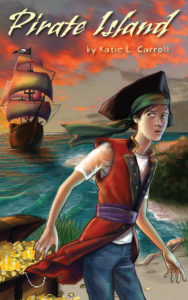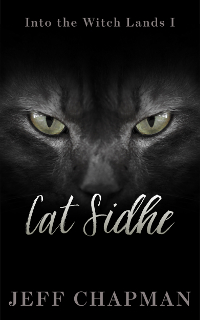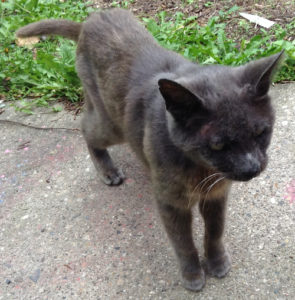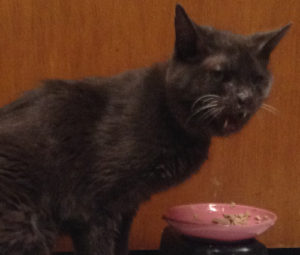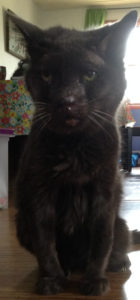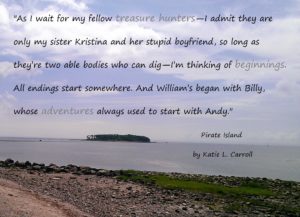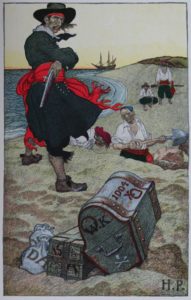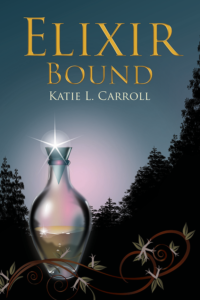 The pretty, new version of my YA fantasy ELIXIR BOUND (with the gorgeous cover by Susan Tait Porcaro) is finally hitting all the online vendors. It’s been a bit of a thing to make the switch from the old version to the new one with reverting the rights back to me and getting the new cover, blurb, and actual book up on the sites, but you don’t need to know all the nitty gritty details of that.
The pretty, new version of my YA fantasy ELIXIR BOUND (with the gorgeous cover by Susan Tait Porcaro) is finally hitting all the online vendors. It’s been a bit of a thing to make the switch from the old version to the new one with reverting the rights back to me and getting the new cover, blurb, and actual book up on the sites, but you don’t need to know all the nitty gritty details of that.
(Or maybe your do want to know about that stuff. If you’re interested in learning more about indie publishing…I could blog about it…let me know in the comments if that sounds like something you’d like to read about. Mostly I feel like I don’t know what I’m doing 😉 but I’m doing it, so that’s something.)
So hopefully all this trouble wasn’t for nothing and it actually sells a few copies. So here are some places where you can find it (the new version isn’t up on IndieBound yet, but I’ll update my homepage and the books page once that link is ready):
Amazon paperback & ebook – https://www.amazon.com/Elixir-Bound-Katie-L-Carroll/dp/099892542X
Amazon ebook – https://www.amazon.com/Elixir-Bound-Katie-L-Carroll-ebook/dp/B07DHB5WRM
Barnes & Noble paperback & ebook – https://m.barnesandnoble.com/w/elixir-bound-katie-l-carroll/1117532812
Kobo ebook – https://www.kobo.com/us/en/ebook/elixir-bound-1
If you do read it, I’d be ever so grateful if you left a review on any (and all) of these vedors and also over on Goodreads (https://www.goodreads.com/book/show/40489385-elixir-bound) if you’re there. And also just spread the word if you liked it. Buy it as a gift for the pre-teen or teen in your life (or the YA loving grown-up you know). Request it at your local library. Word of mouth is one of the best ways to get a book noticed. I’d love to keep making more books, and the more copies I sell, the more I can focus on creating more books. That goes for giving my MG adventure PIRATE ISLAND (Goodreads link https://www.goodreads.com/book/show/34818093-pirate-island) a little love as well!
ELIXIR BOUND blurb:
Katora Kase isn’t the firstborn son nor does she possess the type of magic that can conjure spells or bewitch others.
In the land of the Great Peninsula—an epic fantasy world ruled by the Great Mother Nature and her offspring—those things aren’t a measure of one’s worth. And what Katora does possess is the subtle magic running through her blood that marks her as the next guardian of a secret healing Elixir that is her family’s legacy. It is such a highly guarded secret that Katora doesn’t know of its existence until a rare snowstorm blows through with a message for her father, the current guardian.
Katora sets off on a quest into the wilds of Faway Forest to find the flowers that give the Elixir its potency. Even though she is accompanied by her sister, her brother, an old family friend, and the handsome son of a mapmaker, she feels alone. For it is her decision alone whether or not to bind herself to the Elixir’s magic to serve and protect it until a new guardian is chosen. The forest hosts many dangers, including wicked beings that will stop at nothing to gain power, but the biggest danger Katora may face is whether or not to open up her heart to love.
